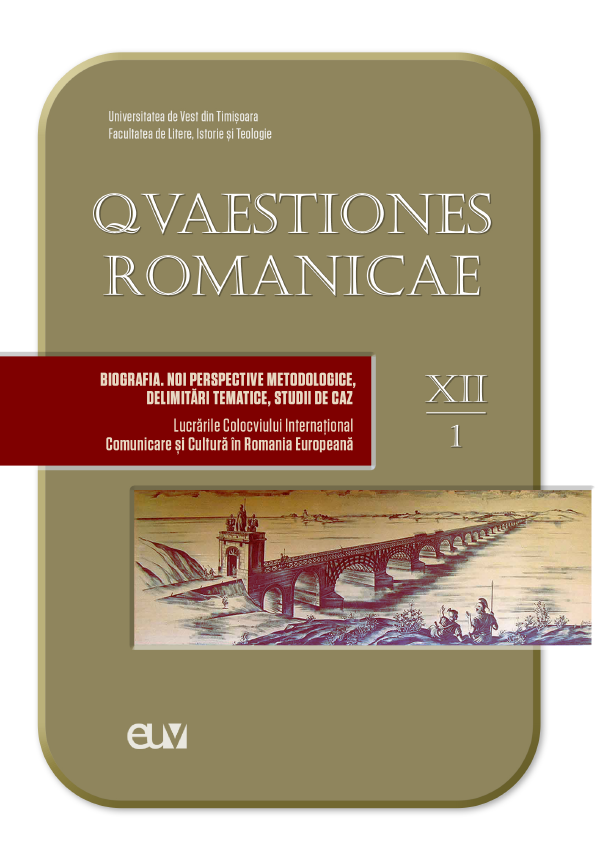Il dramma autobiografico Ne l’arialda di testori
Abstract: (The Autobigraphical Drama in Testori’s L’Arialda) The aim of this study is to analyse the autobiographical elements Giovanni Testori included in one of his most famous dramas: L'Arialda. The author deals with various important themes, such as provincial life, which he knows very well because he himself grew up in the suburbs, homosexuality, which creates a deep rift in himself because of his strongly religious upbringing, and death, which ends up becoming the mirror of life. Testori was not only a playwright, but also a painter, art critic, novelist, poet, magazine editor, chronicler; he was a complete artist and in this play we can build piece after piece, like a jigsaw on stage, his inner tragedy. His theatre cannot be limited to a single category, but it widens and expands, embracing all fields of art, it touches upon classical theatre peaks, but contemplates a modern scenario, it reaches the climax of tragedy through which he reveals his rebellious spirit. His life, entirely dedicated to art, can itself be called a work of art.
Keywords: theatre, tragedy, poverty, homosexuality, death.
Riassunto: Lo scopo di questo studio è analizzare quanto di autobiografico Giovanni Testori abbia inserito in uno dei suoi più famosi drammi: L’Arialda. L’autore affronta vari temi importanti, quali la vita di provincia, che conosce molto bene perché lui stesso è cresciuto in provincia, l’omosessualità, che crea in lui una profonda spaccatura data la sua formazione fortemente religiosa, la morte, che finisce con il diventare lo specchio della vita. Testori non è stato solo un drammaturgo, ma è stato pittore, critico d’arte, romanziere, poeta, curatore di riviste, cronista; è stato un artista completo e in quest’opera possiamo costruire tassello dopo tassello, come un puzzle sul palcoscenico, la sua tragedia interiore. Il suo teatro non può essere limitato a una sola categoria, ma si allarga e si dilata, abbracciando tutti i campi dell’arte, tocca vette da teatro classico, ma contempla uno scenario moderno, raggiunge gli apici della tragedia attraverso i quali rivela il suo spirito ribelle. La sua vita, interamente dedicata all’arte, può essere essa stessa definita un’opera d’arte.
Parole-chiave: teatro, tragedia, povertà, omosessualità, morte.
